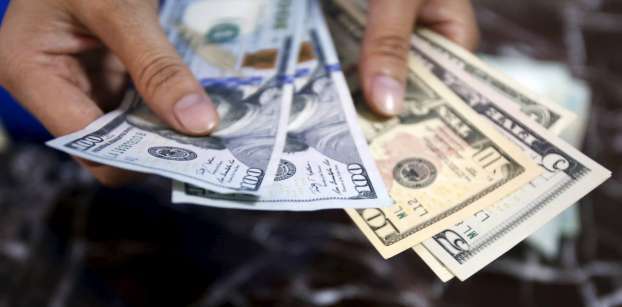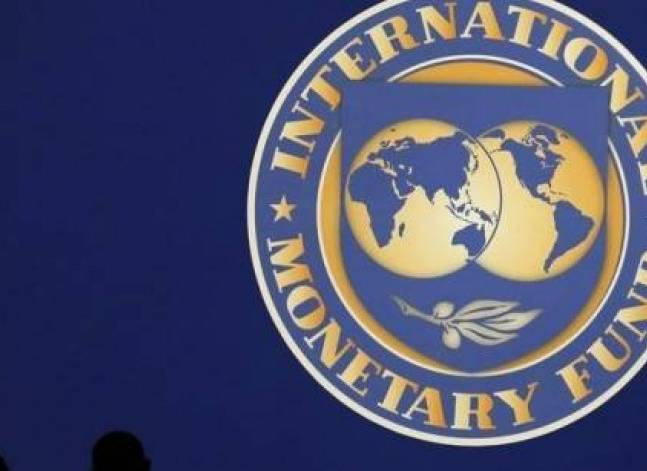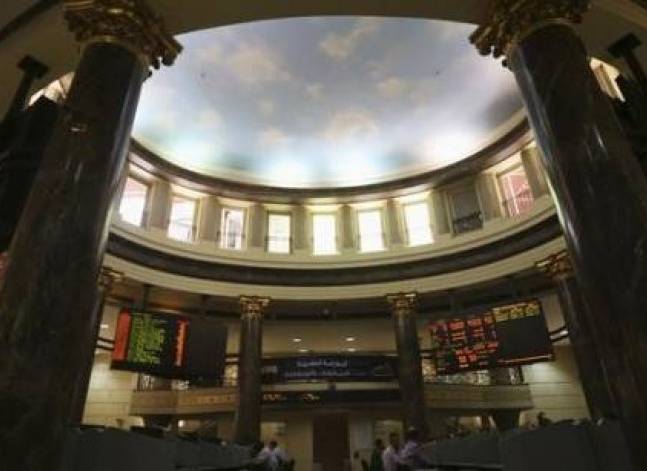Latest NEWS
- Aswat Masriya, the last word
- Roundup of Egypt's press headlines on March 15, 2017
- Roundup of Egypt's press headlines on March 14, 2017
- Former Egyptian President Hosni Mubarak to be released: lawyer
- Roundup of Egypt's press headlines on March 13, 2017
- Egypt's capital set to grow by half a million in 2017
- Egypt's wheat reserves to double with start of harvest -supply min
- Roundup of Egypt's press headlines on March 12, 2017
Egyptian pound firms on black market after IMF loan announcement
By Ehab Farouk
CAIRO (Reuters) - The Egyptian pound strengthened on the black market on Thursday, two days after the government announced it was in talks to secure a $12 billion IMF loan package that could ease a dollar shortage and bring economic reforms.
Egypt announced on Tuesday it was in the final stages of negotiations with the International Monetary Fund for a three-year loan package to plug a funding gap and stabilise markets.
Facing a dollar shortage since a 2011 uprising drove away tourists and investors, Egypt's central bank has been rationing dollars and keeping the pound artificially strong at 8.78 per dollar while businesses have been forced to pay a premium for dollars on the black market.
The Egyptian pound strengthened on Thursday to a range between 12.30-12.70 pounds on the black market after weakening to a record 13 per dollar last week, seven traders told Reuters.
Some black market traders, who had bought dollars around 12.8 pounds and sold at over 13 last week, said they were changing tactics.
"Did you see how much we paid for the dollar last week? I have to make up for that now. I buy at 10.5 per dollar and sell at 12.7 per dollar," said the trader.
Six black market traders told Reuters trade had slowed as everyone was waiting to see what kind of deal would emerge from the IMF talks. Expectations that the central bank will devalue the official rate have also gained traction.
"Everyone is waiting for the central bank to lower the value of the pound. No one wants to buy or sell unless they have to," one of the traders said.
The central bank devalued the pound by about 14 percent in March in an effort to close the gap between the official and black market rates. But economic uncertainty and a shortage of foreign currency saw the pound weaken again, putting renewed pressure on the central bank to further devalue.
It is reluctant to do so as the last move helped push inflation to seven-year highs around 13 percent.
Economists say an IMF deal and associated reforms would raise the likelihood that the central bank will embark on interest rate hikes in the coming months to curb inflation and avoid dollarisation ahead of an eventual devaluation or even a flotation of the pound.
"There is a psychological war right now between the central bank and currency traders," said Hany Genena, head of research at Beltone Securities Brokerage.
"Now is the right time to strike a strong blow to end the black market through flotation."
(Writing by Lila Hassan; Editing by Asma Alsharif and Robin Pomeroy)














